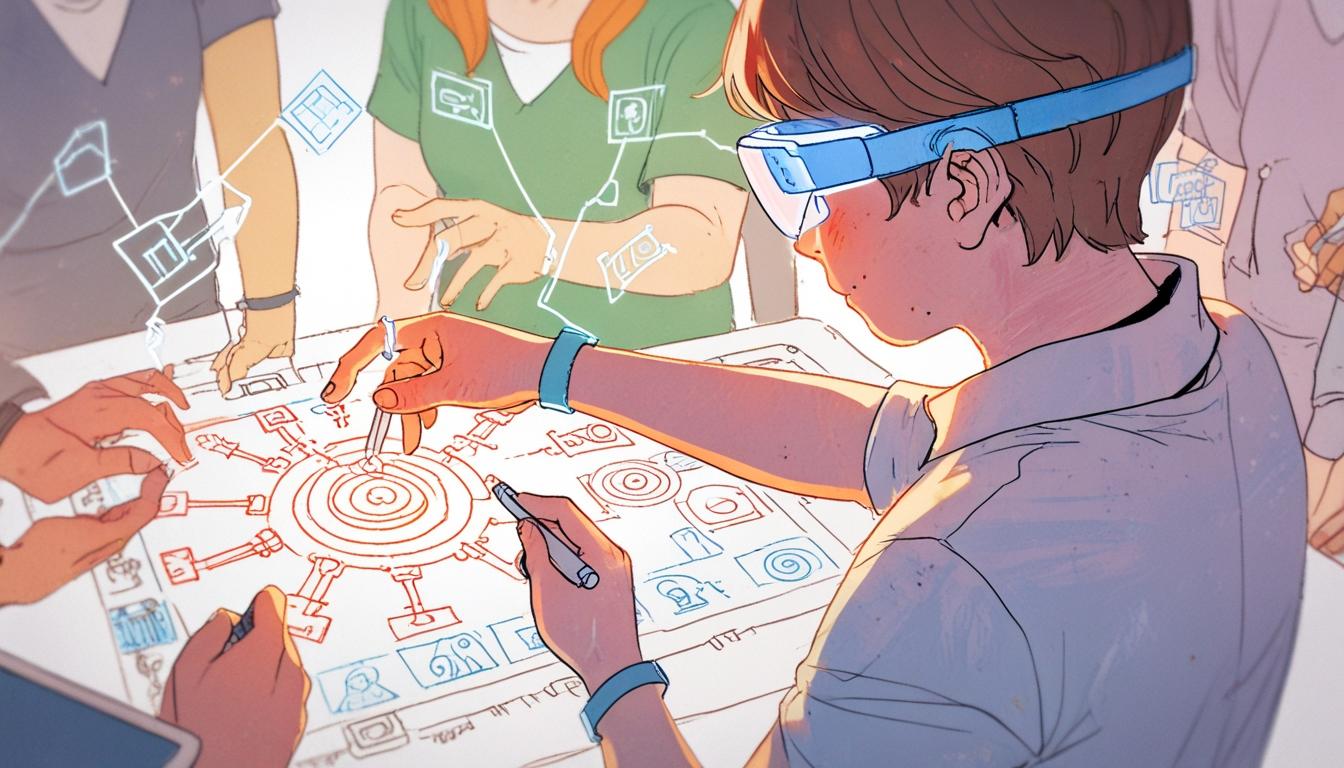The Vis-Ability event held on 30 April at Westminster focused on the transformative potential of artificial intelligence (AI) for individuals with visual impairments. Organised by Fight for Sight, the annual gathering attracted over 140 participants from the tech industry, government officials, and members of the visually impaired community.
Keith Valentine, chief executive of Fight for Sight, highlighted the revolutionary impact AI is having on the experiences of those who are blind or visually impaired. He emphasized the critical need for ongoing discussions to ensure equitable access to this technology, stating, “As powerful as the technology is, it’s the conversations we have now that ensure everyone has the same opportunities, including access to technology, regardless of vision loss.”
The event featured notable speakers including Neil Heslop OBE from the Charities Aid Foundation, Alison McGovern MP, and Léonie Watson, director of TetraLogical. MP Marsha de Cordova co-hosted the event, fostering dialogue on the significance of making assistive technology both affordable and user-led, an aspect that resonated throughout the discussions.
Demonstrations showcased advanced technologies such as Meta’s Ray-Ban smart glasses, which integrate with the Be My Eyes app, allowing users to access visual information through hands-free capabilities. Darren Paskell, assistive technology business partner at Guide Dogs and an individual registered as severely sight impaired, stressed the importance of accessible technology, stating, “Tools like screen readers, magnification software and AI open up possibilities that simply didn’t exist before. It’s not just about using a computer — it’s about connecting with the world and taking control of my independence.”
In addition to enhancing daily living, the event underscored AI's potential in improving employment outcomes for visually impaired individuals. The UK Government aims for 80% employment within the general population by the end of the current parliamentary session. Alison McGovern, during a panel discussion, noted that AI could assist job centre staff in better supporting visually impaired job seekers, suggesting, “It’s exciting that AI can save so much time for our frontline staff by reducing bureaucracy, meaning we can spend more time focusing on the people who need us most.”
Mike Buckley, chairman and CEO of Be My Eyes, pointed to the stark employment statistics, indicating that 75% of blind or visually impaired individuals are either unemployed or underemployed. He expressed optimism about how AI can address these accessibility needs, remarking, “We can and must do better,” and urging collaboration between technology companies and charities to enhance accessible technology’s impact.
Highlighting the growing community engaged with the Be My Eyes app, Buckley noted that there are currently over 800,000 users and 8.5 million global volunteers, with an addition of 15,000 users monthly. De Cordova added that while advancements in technology present significant opportunities, considerable barriers still exist. She reiterated the necessity for collaboration among the public sector, private providers, and advocacy groups to foster meaningful change for individuals living with vision loss.
This event not only showcased the advancements in AI and assistive technology but also highlighted the ongoing challenges and the collaborative efforts needed to ensure these tools are accessible to all in the visually impaired community.
Source: Noah Wire Services
